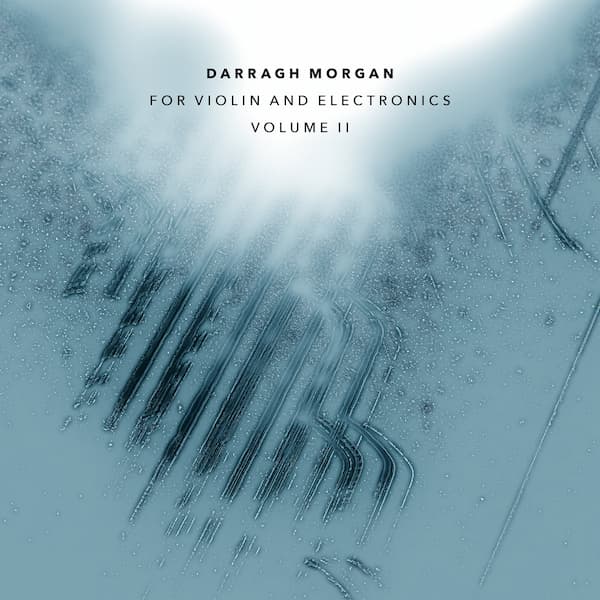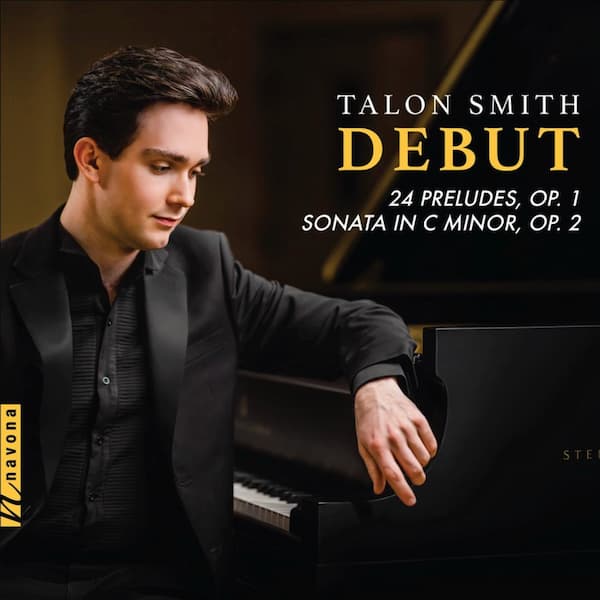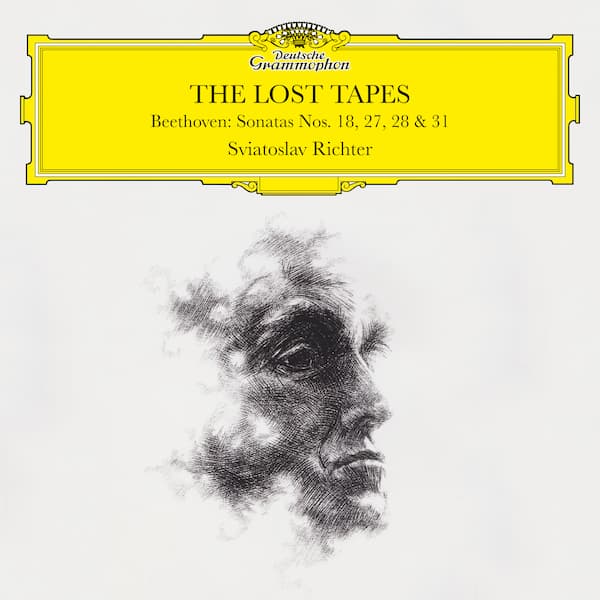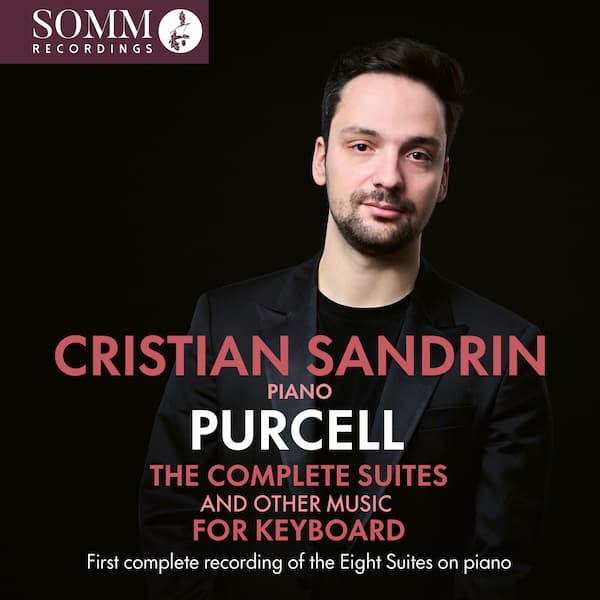Teodor Doré is a composer and a pianist who recently released an album, Portraits of Cities. In the album, Doré takes us to different cities around the world. It captured the urban soundscapes during his visits to Istanbul, Helsinki, Beirut, Mumbai, New York, Moscow, Bangkok, and Barcelona, and many of them were recorded with local musicians.
Video of recording session of “Sun over the Bosphorus”
Born on the Crimean peninsular, a confluence between East and West, and now resident in London, Doré came from a family of artists; his mom is a pianist; his grandma is a conductor of a choir and a professor of vocals, and his grandfather was a great sculpture artist. Training as a classical pianist in Moscow, Doré later switched to composition and moved to Spain, where he pursued a Master’s degree in applied composition at the renowned Liceu Conservatory. His professor, Benjamin Davis, has greatly influenced and inspired him.
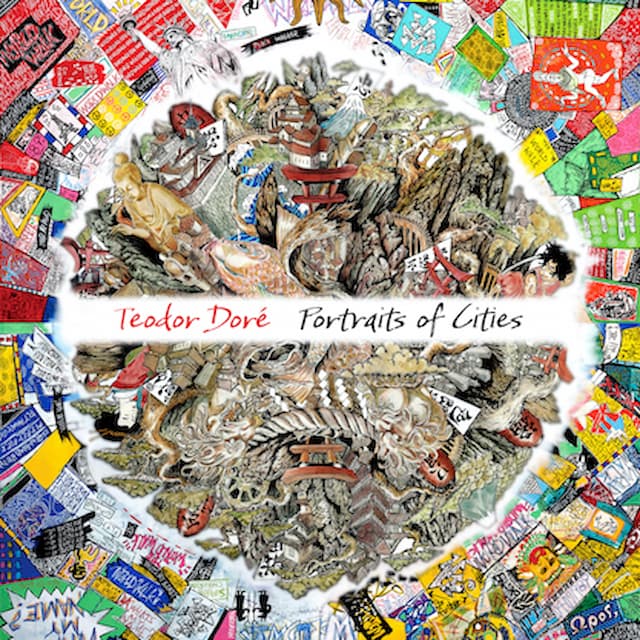
“My professor, Mr. Davis, inspired me a lot. He was the son of renowned British conductor Meredith Davis, who worked with Benjamin Britten. Davis encouraged me to write in different musical genres, thinking about harmonies as colours. He demanded to be very precise in any genre that I chose, but at the same time, he gave me a lot of freedom. In addition to that, my studies in Spain gave me a lot of creativity, which was different from my studies in Moscow. During the study, I had to compose anything for 2 minutes every day, and it might be music for a short movie of 2 minutes duration or a piece of orchestral music. I was also required to transcribe piano scores for string orchestra or symphony orchestra. It has made me a more universal composer.”
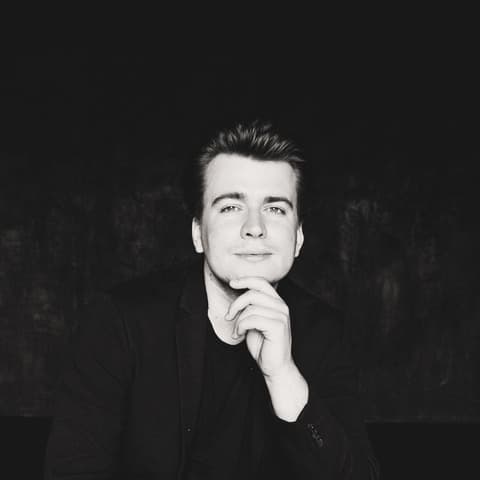
Teodor Doré
Teodor Doré’s travels inspired him to create this album, as he explains, “I love traveling as a concert pianist to so many different countries. I felt that as a composer, I needed to do something with that; I need to have this sense of discovering the world.”
The album fused piano with traditional instruments of each country, field recordings, and some electronic sampling. Collaborating with over 30 musicians worldwide, each piece was dedicated to each city he visited. One of my favourite pieces in the album is Train to Helsinki, which is coincidentally the first piece he wrote for the album.
“I composed Train to Helsinki in 2017. In my opinion, it has a lot of Finnish characters, like the stable and monotonic rhythm in the second part of the piece. I once played this piece at a central library in Helsinki, and I was surprised that most Finnish people did not applaud it at all. Only after two days people started reaching me on social media and expressing their gratitude. They have a completely different perception of music and art. It was strange and wonderful to experience that silence after playing.”
When Doré composed each piece, he traveled to the country, researched their musical cultures and instruments, and met local musicians. He preferred collaborating with local musicians. In Bangkok Has Him Now, Doré connected to a local musician who lives on the lower border of Thailand. In Spring in Barcelona, Doré invited Manu Sabaté, who plays a traditional Catalan instrument, the Gralla. The Sun Over The Bosphorus was recorded with Turkish musicians in Istanbul at a famous Babaji Studio, incorporating traditional instruments such as the oud, yayli tambur, darbuka, and riq, complemented by mesmerizing Sufi vocals. Night In Bombay showcases the sitar, tabla, bansuri, Indian harmonium and traditional Indian vocals capturing the city’s mystical aura with nocturnal jungle insects and distant power plant sounds.
Doré also told me that he connected with many musicians through social networks. It all sounds complicated, especially handling the schedule with different musicians for rehearsals and recordings.
“Most pieces are recorded with all the musicians together simultaneously, but some tracks were made step by step in the same room but not simultaneously. For example, I collected some sounds in Bangkok and Mumbai that I had to mix into the tracks after recording with the musicians. There were some separate audio tracks, like in Train to Helsinki, where we recorded the sound of the Finnish Karelian instrument called kantele separately.”
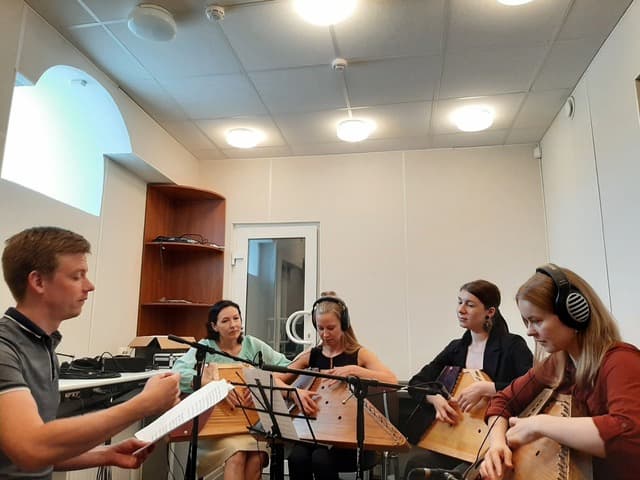
Recording session of “Train to Helsinki”
As Doré celebrates the release of Portraits of Cities, he is already looking ahead to his next album, Rachmaninoff Variations, which he will debut on January 29th next year in Carnegie Hall. This new album features Doré’s transcriptions of Rachmaninoff’s works, inspired by the composer’s experiences as an émigré. Through this album, Doré delves into the anguish of losing one’s homeland and the quest for hope in a new land.
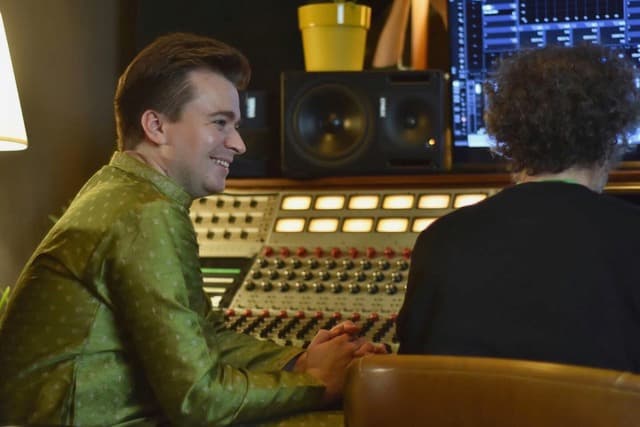
Teodor Doré recording in Mumbai
“So, the backstory to the album is migration from Russia and Ukraine, now and in the past. It aims to describe the experience, life, and anxiety of an emigrée. I transcribed some of Rachmaninoffs’ preludes and romances for violin, cello, piano, classical, and Sufi vocals to reflect on one of my favourite composers. I emphasized the importance of modern composers acknowledging composers from the past, responding to the music, not just reproducing it. We recorded the album at Studio 2 at Abbey Road Studios with violin, cello and mezzo-soprano. Then we recorded actors with Russian and Ukrainian backgrounds who now live in London, reading letters from the diaries of Sergei Rachmaninoff and today’s emigrées. The story explores two parallels: a historical one discovering migration in the past and present and a new representation of his music. It’s an attempt to reflect on the past, honouring and celebrating 150 years since Rachmaninoff’s birth and 100 years since the Philosopher’s Ship (steamships transporting intellectuals who did not accept life in the Soviet Union from Crimea to Istanbul) during the wave of immigration in 1922.”
Find out more about Teodor Doré through his website.
For more of the best in classical music, sign up for our E-Newsletter

